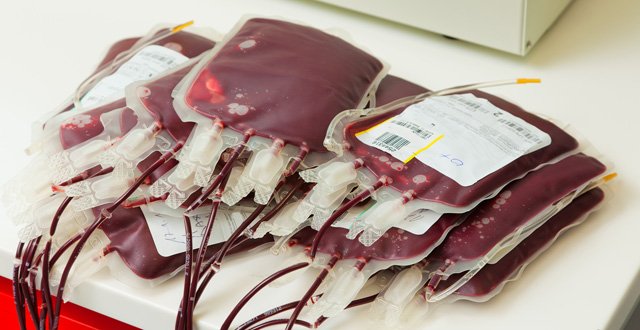The quality manager at the Rotunda Hospital’s laboratory expressed serious concern to the Minister for Health Simon Harris that road restrictions during the Papal visit could impact on blood availability in an obstetric emergency.
On 14 August 2018, Ms Susan Luke advised the Minister “we have been informed that if blood is required by our hospital during the visit on Saturday [25 August], there could be a four-to-five hour delivery time”. In the case of a major maternal bleed, this would put a woman’s life at risk, stated Ms Luke.
According to advice sent on 15 August by the Irish Blood Transfusion Service (IBTS) to the Department following the communication to the Minister, the contracted blood delivery company First Direct Medical (FDM) had been informed vehicles carrying blood products “will not be afforded any priority access” on 25-26 August. “Therefore, vehicles will be impacted by the severe road restrictions in place which will lead to a delay in emergency deliveries. HSE’s emergency management team have been co-ordinating the planning for this event from a health perspective. It is suggested that advice should be sought from the HSE emergency management team on this matter. Separately to this, a meeting was held with staff from the transfusion laboratories in Dublin hospitals yesterday to inform them of the situation, fully explaining the contingency plans in place and impressing on them the need for ordering stock in advance. A letter from the IBTS and FDM will be going to all hospitals by the end of the week.”
According to a statement from the Rotunda’s Laboratory Manager Mr John O’Loughlin and Ms Luke, “the Rotunda Department of Blood Transfusion received a letter, dated 16 August 2018, from the IBTS stating that road closures due to the Papal visit would seriously affect First Direct Medical and other emergency services.” They understood from a meeting with the IBTS on 14 August that FDM would not be afforded any priority access. “The estimated time for delivery of blood and blood products was expected to be four-five hours in an extreme emergency. Major obstetric haemorrhage is a rare but serious outcome in some pregnancies often requiring very large volumes of blood and blood products.”
A contingency plan was implemented but there were no notable incidents.













Leave a Reply
You must be logged in to post a comment.